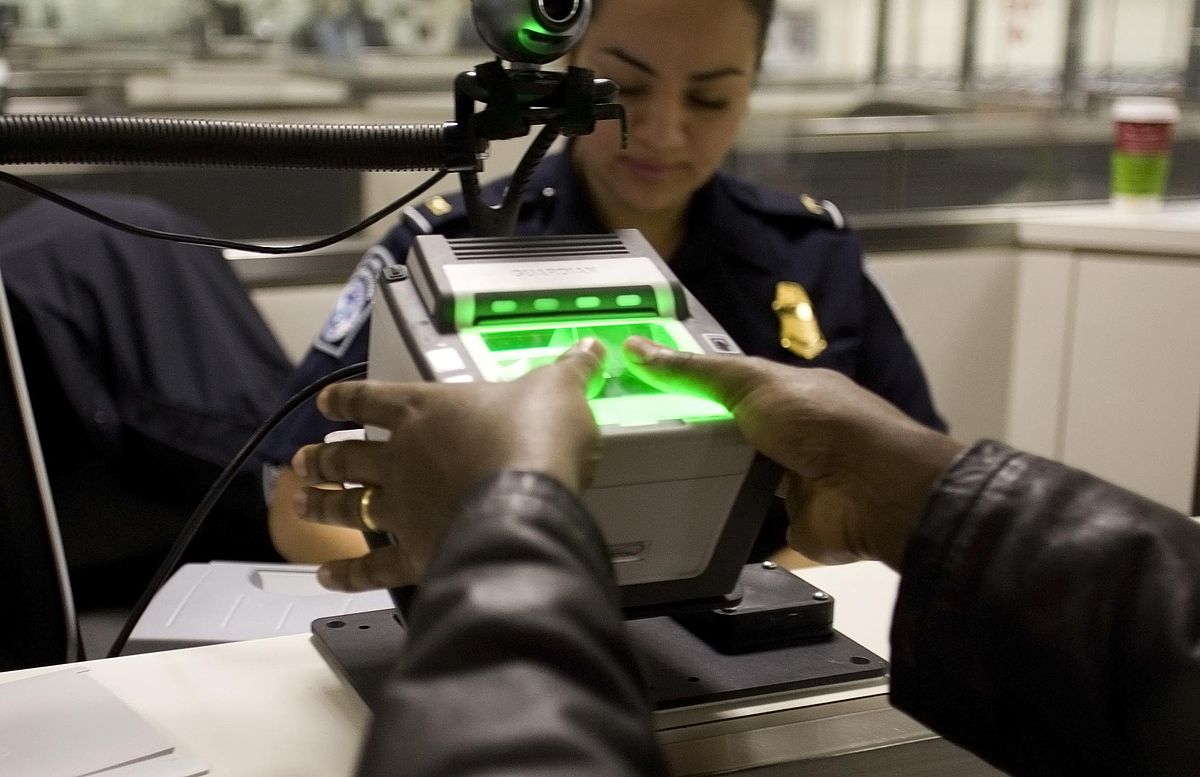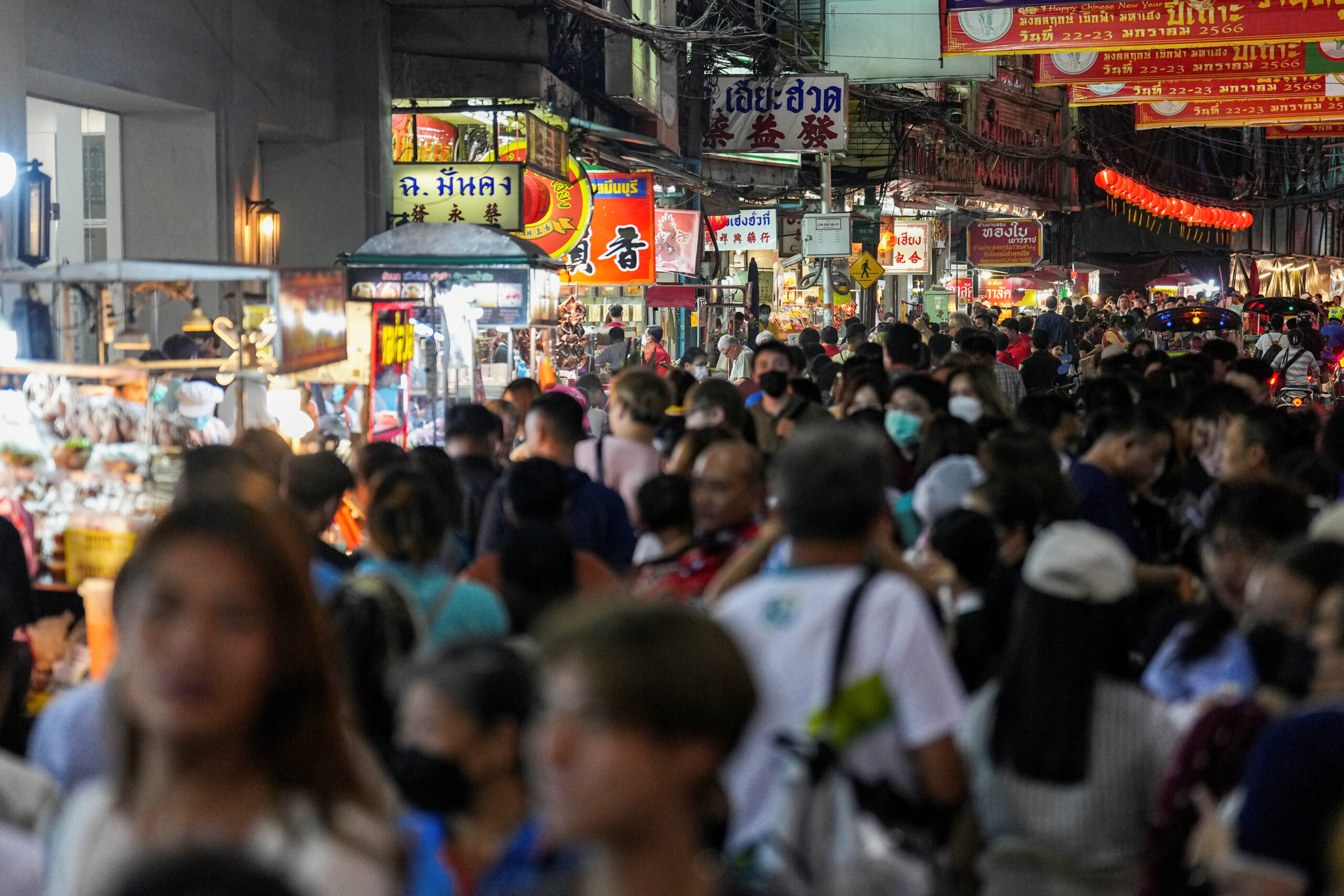Immigration Bureau Confirms Full Capacity of Biometric System
The Immigration Bureau has officially announced that its biometric system has reached its maximum capacity of 50 million records. This confirmation was made during a testimony by Pol Col Neti Khanboon, commander of the database division, before the House Committee on National Security, Border Affairs, and National Strategies and Reforms.
Concerns Raised Over Data Collection Procedures
During the committee meeting, chaired by Move Forward Party MP Rangsiman Rome, concerns were voiced regarding the potential loss of biometric data collection opportunities. Specifically, if China were to handle the repatriation of Chinese nationals independently, Thailand might miss crucial chances to gather data on individuals linked to call-centre scams. This could complicate efforts to blacklist these individuals from re-entering the country.
Manual Data Collection as an Alternative
In response to these concerns, Pol Col Neti assured the committee that all individuals repatriated from Myawaddy would have their biometric data collected manually at the Tak immigration office. He emphasized that Myawaddy is not a typical tourist destination, making it likely that any foreigner crossing the border illegally would be flagged for detailed recording.
Limitations of the Current Biometric System
When questioned about the inability to use the automatic biometric system for blacklisted individuals, Pol Col Neti revealed that the system had indeed reached its full capacity. Initially designed with 30 million storage licenses, this was later expanded to 50 million, which are now fully utilized.
Future Plans for System Upgrades
To address these limitations, the Immigration Bureau is in the process of developing a new biometric system with unlimited capacity. This ambitious project is projected to cost 3 billion baht and is expected to take approximately 29 months to complete. In the meantime, an additional 500 million baht is allocated for purchasing more licenses for the existing system.
Manual Record Keeping Amid System Constraints
Despite current constraints, Pol Col Neti noted that the bureau has been manually recording 17 million foreign arrivals throughout 2023 and 2024. This process involves capturing facial photographs and fingerprints of these individuals.
Alternative Databases for Visitor Screening
Although the existing biometric system cannot efficiently flag blacklisted individuals at this time, Pol Col Neti reassured committee members that there is an alternative online database available for cross-checking suspicious visitors. This ensures that despite technological limitations, efforts to maintain border security and monitor foreign arrivals continue effectively.








